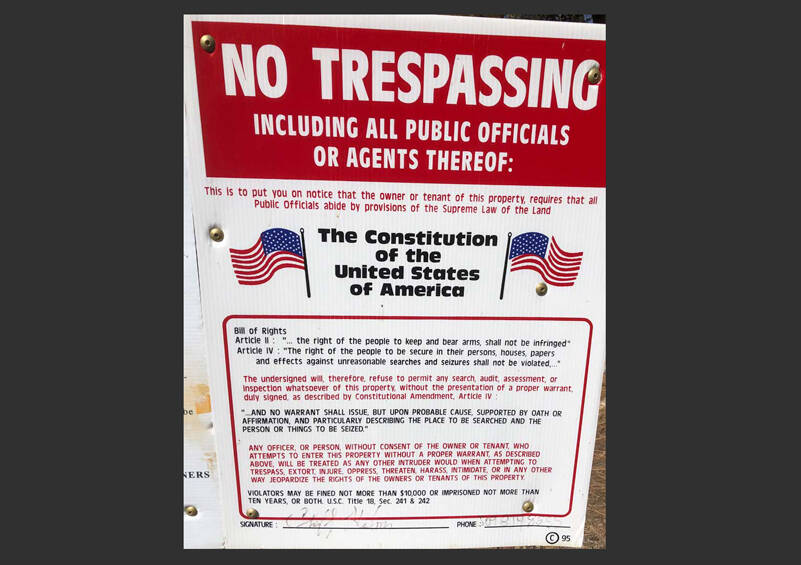By Morf Morford, Tacoma Daily Index
Few individuals, let alone entire generations have experienced anything like this constellation of unlikely convergences from climate upheavals to political turmoil, economic instability and a variety of other challenges we have been facing on an almost daily basis.
The questions, as always perhaps, is not so much related to the unique and sometimes overwhelming challenges we face, but, even more important, how prepared are we to confront, even resolve these once in a century, defining conflicts and challenges.
It has been said that disasters bring out our true selves. For some, it proves our resolve and determination. For others, we see the inability to respond effectively – for whatever reason. And some have a “Red badge of courage” stirring that, with time, shows an emergence of resolution previously unknown – or at least unexpressed.
In terms of grammar, “unprecedented” is an adjective meaning “without previous instance” and “never before known or experienced”. In case you forgot, an adjective defines or modifies a person, place or thing – this usually refers to size, state or condition.
And we seem to be living in an era that exceeds, even defies, normal descriptions or definitions.
I’ve studied history extensively, but, like everyone, I’ve only lived in the era I was born into. I grew up in an era where our heros stood up against evil, injustice or “threats against the American Way”. Those “heroes” could be real or fictional, but they stood up for what was “right” and against what was “wrong”.
But one things history books rarely explore is how they got that way – and what point did they crystallize their beliefs and decide to act? And most history books give us the “Cliff notes” version of conflicts; the good guys won and the bad guys abandoned their evil ways.
But who decides who the “good guys” were? And did the “good guys” really win? And did the “bad guys” really change?
In almost every conflict, everyone consider themselves to be the “good guys” or the “Patriots”.
From Star Wars to traditional cowboy stories to our present political situation, we seem to love the simplistic black and white inflexible binary of good and evil: some people/races/beliefs/galactic life forms are good and some are evil.
If only life, and history and relationships (and politics) were so simple.
Is history only told by victors?
That’s a quote that is attributed to Winston Churchill, Napoleon and several others. But no matter who said it – or who repeats it – the obvious follow-up question is – how true is it? I would argue that it is, and was, never true.
Consider, for example, the resurgence, if not persisting presence of symbols and slogans of historic “lost causes” from Nazism to the American Confederacy.
The study of history shows a familiar pattern; a band of resistors stands up against an established power/economic system. If they “win” they are considered “patriots”, if they “lose”, they are considered terrorists.
A popular saying not long ago was “One man’s ‘terrorist’ is another man’s ‘freedom fighter’”. In other words, “terrorist” and “hero” are astoundingly subjective.
Was George Washington a terrorist? According to most modern definitions, yes. But to most Americans, politically speaking, he’s the ultimate national hero.
It turns out that “terrorism” and “patriotism”, like beauty, is in the eye of the beholder.
And anyone, especially now, thanks to social media, can create a convincing story line promoting their cause, no matter how “lost”, discredited or even to contemporary eyes, abhorrent.
Opposing “the empire”, the “system” or “The Man” or, more recently “the Deep State” or “living off the grid” is, in a peculiarly American way, the demarcation, (in some circles, at least) of “patriotism” or at least “independence”.
It’s complicated
But in real life, and history, battle lines shift, alliances adapt and relationships and priorities change. What seemed so noble, might be embarrassing a few years later. What seemed so evil might make a bit more sense as we understand their history and motivation.
One of the striking discoveries many Americans encounter in Europe and Asia (in particular) is the power of tradition to withstand wars, cultural and technological changes and shifting generational values.
Is “tradition” always good? Absolutely not.
But for better or worse, it endures and gives every member a place and a legacy to embrace or resist. But Americans have a struggle few in the world have even confronted; many of us distrust the systems and institutions that would save us and give us a sense of identity and purpose that would guide us through the turmoil and confusion of the moment.
Americans, for whatever reason, lack the larger view that would lead the way through the entanglements of the immediate.
The mess we are in seems massive, paralyzing and infinite, but a larger view, a moral compass and maybe even an institution that has stood the test of time just might be what we need right now.





